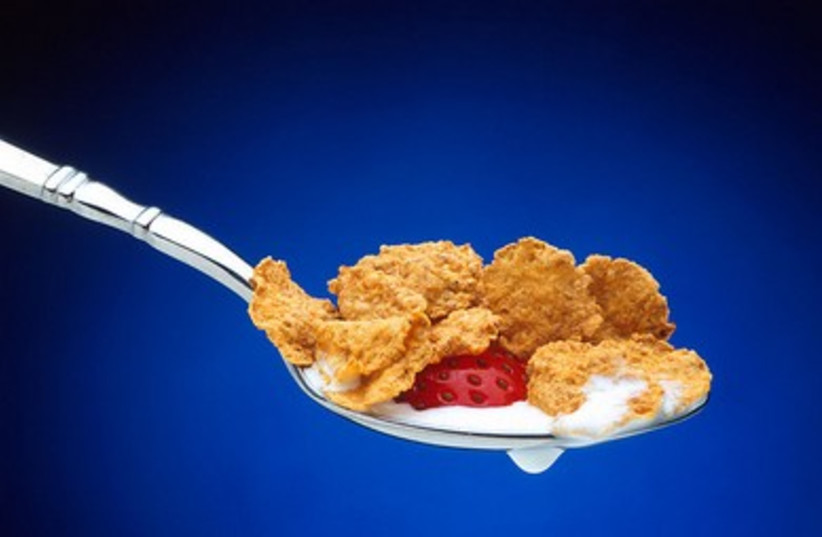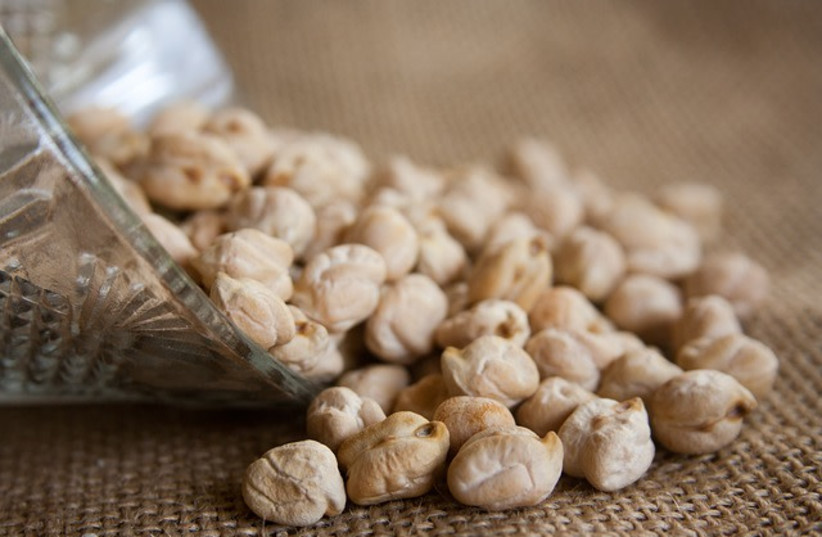Frozen pizza, ready meals, and chocolates are well-known for being unhealthy. However, even foods that are often considered healthy, like whole-wheat bread, bran cereal, and sugar-free yogurt, can fall into the category of ultra-processed foods.
Ultra-processed foods have undergone extensive alteration from their natural state, often including adding preservatives or artificial flavors to enhance their shelf life or appeal. Numerous studies have linked these foods to obesity, diabetes, and cancer.
Furthermore, those who consume ultra-processed foods tend to consume more calories due to their higher caloric density, leading to potentially addictive eating patterns. Recent studies have also investigated the relationship between ultra-processed foods and mental health, revealing a connection between increased consumption and depression and anxiety during the COVID-19 pandemic. Here are five foods that might surprise you as being classified as ultra-processed:

What are some of the foods that are processed?
Sugary cereals, even the ones promoted as "healthy," are considered ultra-processed foods. Bran flakes, often considered a nutritious breakfast option, contain additives such as barley malt extract, sugar, and other unnatural ingredients. However, it's important to note that fortified cereals are designed to address common nutrient deficiencies. They are enriched with essential nutrients like iron, crucial for red blood cell production and oxygen transportation, and vitamins necessary for heart and nervous system health.
The loaf of bread at your local supermarket is also considered ultra-processed. Homemade bread is classified as processed since it typically contains only flour, water, and yeast. However, commercial breads often include emulsifiers and preservatives to extend their shelf life.
Nevertheless, whole wheat breads offer some health benefits due to their high fiber content. Fiber plays a vital role in digestive health and reduces the risk of heart disease, stroke, type 2 diabetes, and bowel cancer. Some breads can also be fortified with additional vitamins and minerals for added nutritional value.

Yogurt is a healthy source of protein and calcium, essential for muscle and bone health. However, many store-bought yogurts fall into the category of ultra-processed foods.
They may contain artificial ingredients to enhance taste, color, and appearance. Some varieties marketed as low in sugar are sweetened with artificial sweeteners like aspartame. Stabilizers and preservatives are often added to prolong shelf life. To make a healthier choice, opt for unsweetened and low-fat yogurt as part of a balanced diet.

While fruit and protein bars may seem convenient and healthy, they are highly processed. Fruit snacks often contain freeze-dried fruit and starches, both processed ingredients. Additionally, they may contain thickeners, acidity regulators, and preservatives to enhance their texture and shelf life. Protein bars share similar characteristics, often loaded with sweeteners, emulsifiers, preservatives, and food colors.
Legumes are known for being nutritious protein and fiber sources. However, we are dealing with ultra-processed foods, including beans or hummus from a can. Canned versions often contain added salt and sugar for flavor enhancement.
It is essential to be mindful of the foods we consume and be aware of the hidden ultra-processed ingredients they may contain. We can prioritize our health and well-being by understanding how to identify and choose minimally processed or whole foods.
